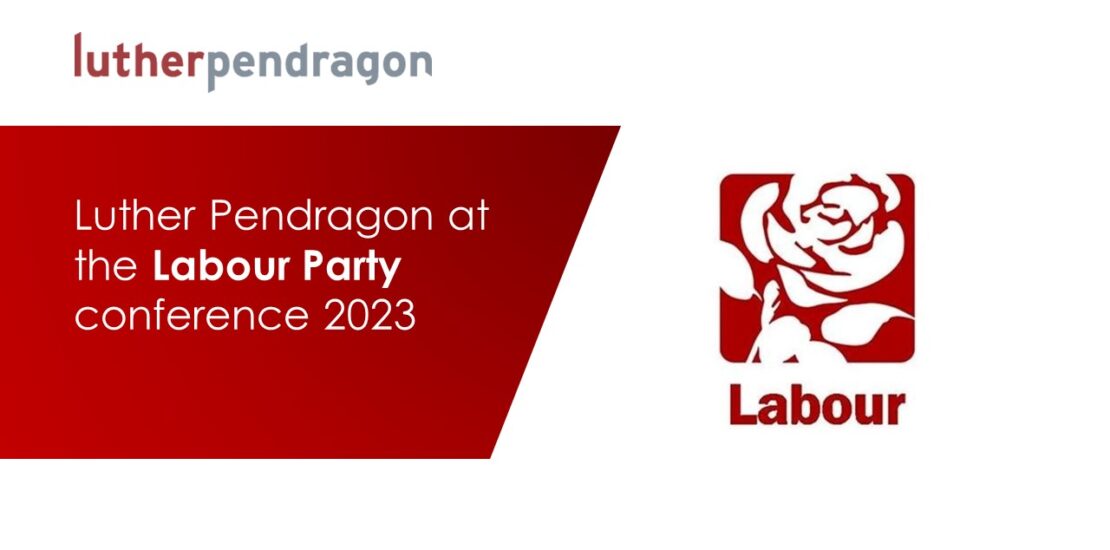- October 12, 2023
- Posted by: lutherpendragon
- Categories: insight, news

The Labour Party’s Shadow Defence Team were out in force in Liverpool this week, staking their claim to be the party best placed to protect the UK’s national security. Senior Consultant Will Gray offers his thoughts on what more we learned on Labour’s plans for defence:
The Shadow Foreign Secretary David Lammy kicked off the Foreign Affairs debate on Monday morning with a declaration of Labour’s full-frontal support for Israel. His commitment was received with a standing ovation and rapturous applause, offering a further assurance of how far the Party has come under Keir Starmer’s leadership. So too were the Labour Leadership keen to illustrate their ongoing support for Ukraine, with Shadow Defence Secretary John Healey telling Conference in his speech that Labour “will continue to stand with Ukraine, as long as it takes to win”. Labour’s support, Healey said, would begin with the acceleration of the £2bn support contract announced by the Government in March.
The resounding message from Labour this week was that, given the economic circumstances Labour will inherit should they win at the next General Election, new money would not be forthcoming. This includes in defence, where Labour will instead look to save money by reforming what the Shadow Defence Team characterised as a “broken” procurement system. This is well-trodden ground for Labour – the same message was being sung in the same rooms 12 months earlier. But, given events in Ukraine and the role being played by UK defence companies in supporting Ukrainian forces, the stakes are higher in 2023.
Central to these reforms is the commitment that a Labour Government would “buy British first”. Having been formally introduced to industry at DSEI 2023 less than a month earlier, the newly-appointed Shadow Minister for Defence Procurement Maria Eagle was at pains to argue that this position was not one characterised by protectionism, but by a belief that the UK has when procuring kit “foolishly gone elsewhere when we could have gone in country”. So too were criticisms made about the true percentage of UK workshare which had been built into the Fleet Solid Support Ships (FSSS) and F-35B contracts.
When challenged about whether there existed a trade-off between buying British and consciously developing sovereign capability; and cost, interoperability and value as defined by the ultimate user on the frontline, Eagle was robust in her response. The UK has been focused on price competition for too long, she argued, and that an effective and properly-functioning procurement process would value each consideration equally. Her colleague Luke Pollard, Shadow Armed Forces Minister, added at another fringe that Defence Equipment & Support (DE&S) was being failed and held back by Main Building; and Baroness Anderson pointed to the poor accountability created by the tenures of contract leads being limited to three years.
Defence procurement is an easy stick for the Opposition to beat the Government with, but as every administration in recent history can testify, delivering reform is not simple. The union representatives from the likes of Unite and GMB who sat alongside the Shadow Defence Team at fringes this week may give their support to Labour’s commitments on defence when it is in Opposition, but the relationship could quickly become fractious if elected.
Luther Pendragon is one of the UK’s most highly-regarded independent consultancies, with a 30 year track record of helping organisations – including those in the defence sector – understand and manage political risk and tell compelling stories to the people that matter. Contact us to find out how we can help your organisation make an impact.
